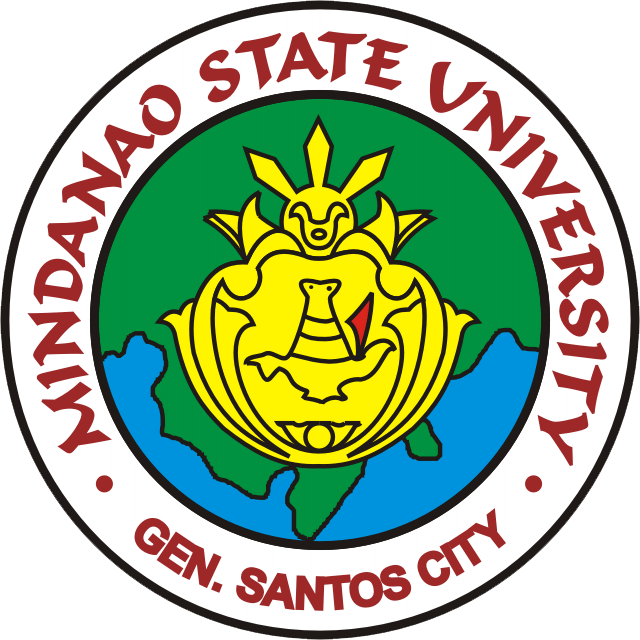Socio-economic profile of fish farm operators is an essential tool for assembling a comprehensive and well-organized document that describes the study areas demographic profile, socioeconomic profile, fish farming, opportunities and constraints and Good Aquaculture Practices (GAqP). The present researcher attempts to explore the socio-economic milieu of the fish farm operators in Polomolok, South Cotabato from January to April 2021. The data was collected by using interview and observation method with a semi-structured questionnaire.
The result demonstrates the demographic profile of the study area, it was found that the vast majority of respondents are Christians (85%), male (69%), married (87%), ages 41-50 years old (48%) and belong to a small household of 4 below members (92%).
Socio-economic profile result found that in general, respondents at the study area had elementary (49%) level education. A high number (90%) of respondents were not affiliated to any social organization. It was also revealed that the main occupation of the respondents is based on agriculture (61%). The respondents had a land holding of below 1.0 hectares (73%). Monthly income ranges from 6,000 - 10,000 pesos (56%) a considerable amount of this is spent on food. A good portion of the respondents live in wood house (50%), complete with wood (54%) sanitary facility, drinking water source from water pump (68%), and electricity (100%) whole year round.
This study also revealed the fish farming activity in the area wherein it was found that, the respondents practice in a single owned (99%), 100 - 900 m2 (86%) pond area, with fish farming experience of above 10 years (69%), 61 % were of the fish farmers were self thought. Overall, the respondents practice pond preparation, 96% does not practice stock management, 93% does not perform feed management, none of the respondents monitored water quality management. For the most part products were mainly sold / traded in local households or to the public market (81%).
Future study should be conducted to assess the socio-economic status of the fish farm operators with an established timeline as it is fundamental in providing a baseline for policy determination.
Author
Acosta, Mae Ann G.
Abstract
SY
2021
Program
Bachelor of Science in Fisheries
Department
Department: Aquaculture
College
College: Fisheries
